"A dated, bloated, inefficient, bureaucratic dinosaur."
This is precisely how a 2012 Fast Company article described the state of America's public education system. Fast forward five years, and the same less-than-flattering adjectives still hold true.
Futurist Rex Miller looks for positive and dynamic outliers amid the sea of schools stuck in stagnation. The author and prinicipal of MindShift blends inspiration from these high-performing schools with practical engagement-boosting actions in his new book, "Humanizing the Education Machine."
To get a sneak peek into his keynote at the 2017 K12 Facilities Forum, we spoke with Miller about the connected classroom of the future and what it takes for schools to thrive in the 21st century.
Your book "Humanizing the Education Machine" is all about transforming education and engaging students. What do you believe is "broken" about the current system?
We still educate like we did in the 19th century. This was before the automobile! Imagine any organization attempting to keep up or simply function they way they did 150 years ago.
Education was designed for the emerging industrial economy. It is a machine. It deals with people as averages, batches and runs them down a conveyor belt that strips away individuality, choice and the wonder of learning. These are human qualities.
What strategies can facilities leaders take from your book to spearhead a real difference in their district?
Facilities leaders who understand how learning is different in a digital age with on-demand information can first create environments that encourage teams working together, areas to create and construct, easy access to information and the ability to collaborate around that information.
They can help teachers rethink their own role, to become more facilitators and coaches shifting away from lecturing and memorization. This shift means a shift in the environment so the teacher can move through the room easily and have many more personal touch points with students.
If all schools were to follow the roadmap you lay out in your book...what would the ideal classroom for optimal learning look like?
The ideal classroom would be flexible to adapt to different kinds of learning, have accessible plug and play technology and not be restricted to a room with four walls.
What are the biggest forces you believe are shaping the design of schools in the 21st century?
Unfortunately, the biggest force still remains an outdated procurement process. According to PBK 80% of the schools they are being asked to design are traditional 1960s thinking.
Technology is most definitely reshaping learning. Having information on demand, lower barriers to collaboration and the ability to create content places greater value on team based problem solving. This allows students to apply multi-disciplinary learning and also requires that they master the content in order to create a video, a model or a project.
How will virtual and augmented reality change education?
AR or VR is still a decade away primarily because of the lack of content. We can certainly see the potential, however, for immersive learning. One can imagine traveling in time or to remote destinations and seeing events unfold as if you are there. That potential also reveals the challenge. The current content is little more than a movie trailer experience with no robust storyline or the ability to interact and explore multiple pathways or outcomes.
"The potential with immersive gaming & the gamification of learning is much closer than AR or VR."
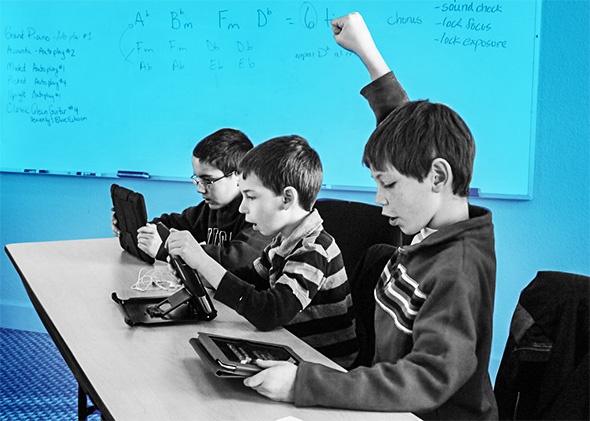
Where do you think the biggest area for improvement is in terms of education--or in other words, what is the most antiquated practice you believe will soon be extinct?
Teacher lectures are a thing of the past. Standardized tests are irrelevant to learning. The Carnegie Unit makes no sense. Age-based class structures don't work unless you believe that one size fits all. Large inflexible schools are underutilized and overlook the social assets in the community that can be leveraged.
The goal for every kid to go to college is another anachronism. Tony Wagner, best selling author and Harvard professor, estimates that almost half of our kids would be better off going to a school of technology and advanced learning over an academic college. We are leaving 50% of our kids behind. 25% because of socio-economic challenges and 25% because of learning differences. Would you like me to continue?
What does the future of learning look like in 10-20 years?
I think personalized learning will become a reality. In Chapter 8 we call this The Pandorification of Learning. I think this chapter does a good job of describing a day stitched together by your IILBe (Interactive Learning Buddy).
What does this mean for the layout of classrooms, speaking in terms of the average public school?
I think stage one is rethinking traditional space and finding imaginative ways to convert unproductive areas into learning zones. We call these Micro-Environments in Chapter 14. We did audits of some of the older schools and found a number of ways to refresh and adapt areas to learning zones.
The second stage is to rethink classrooms so that they become active learning centers able to adapt to different kinds of learning experiences - team, individual, socratic, project etc.
Another challenge is the integration of technology including providing easy access to power, plug & play set up, interoperability between the learning platforms, grading and administration. Chapter 13 addresses how technology is supposed to work.
Newer schools will look more open, connected to nature, take into account health and wellbeing and appear more like work environments.
What do you believe are the most crucial technologies for facilities leaders to invest in for schools?
The most important technologies are personal learning tools, formative assessments, video production and editing, data analytics and virtual collaboration.
For more on the future of education spaces, stay tuned for Miller's keynote at the K12 Facilities Forum.

Posted by
Join us at the K12 Facilities Forum!
The community for district and facilities leaders
Nov 8-10, 2026 | San Antonio, TX



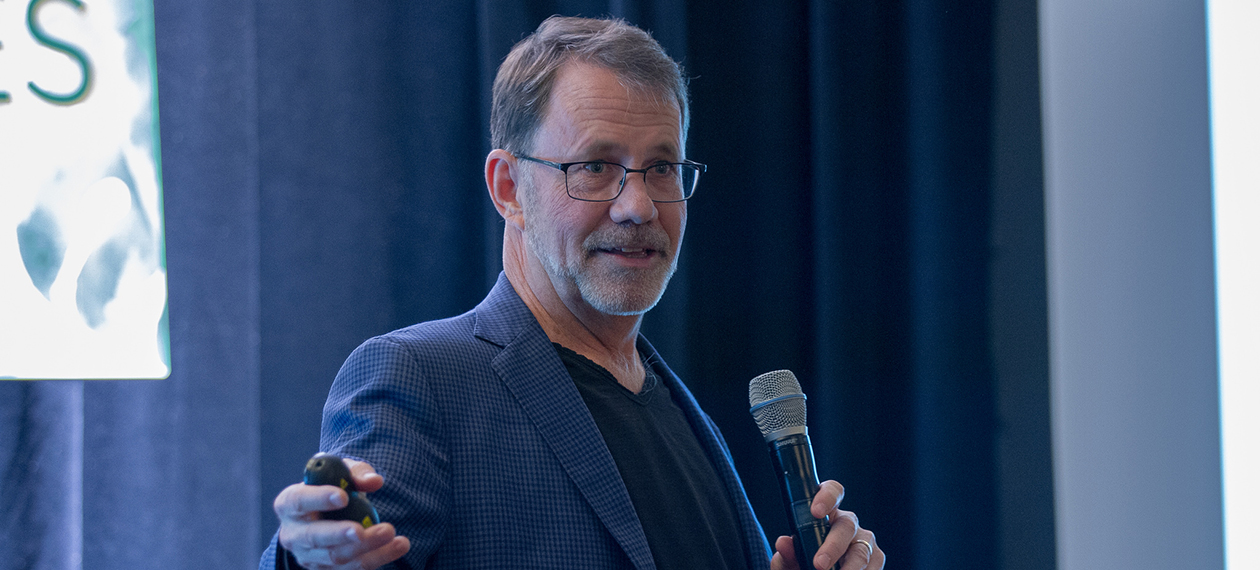

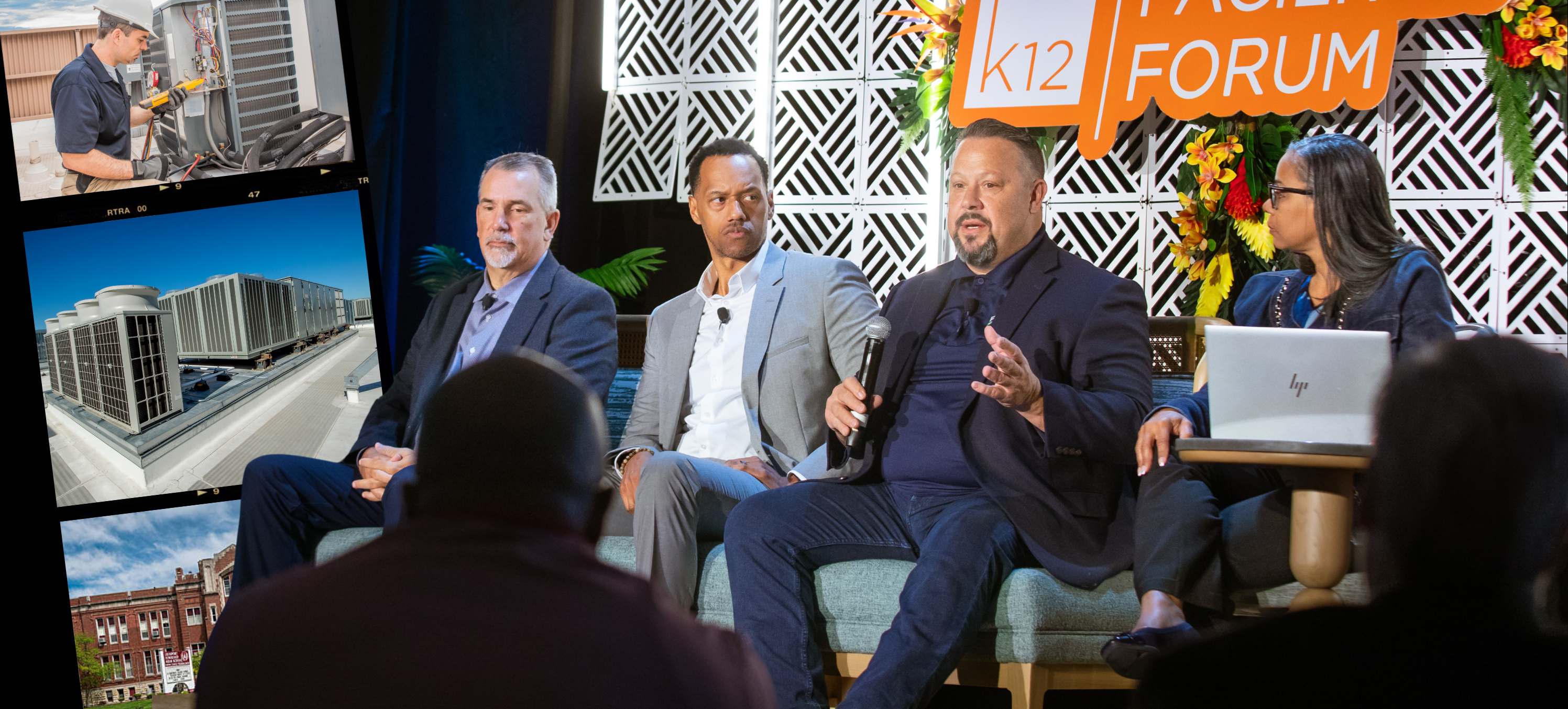
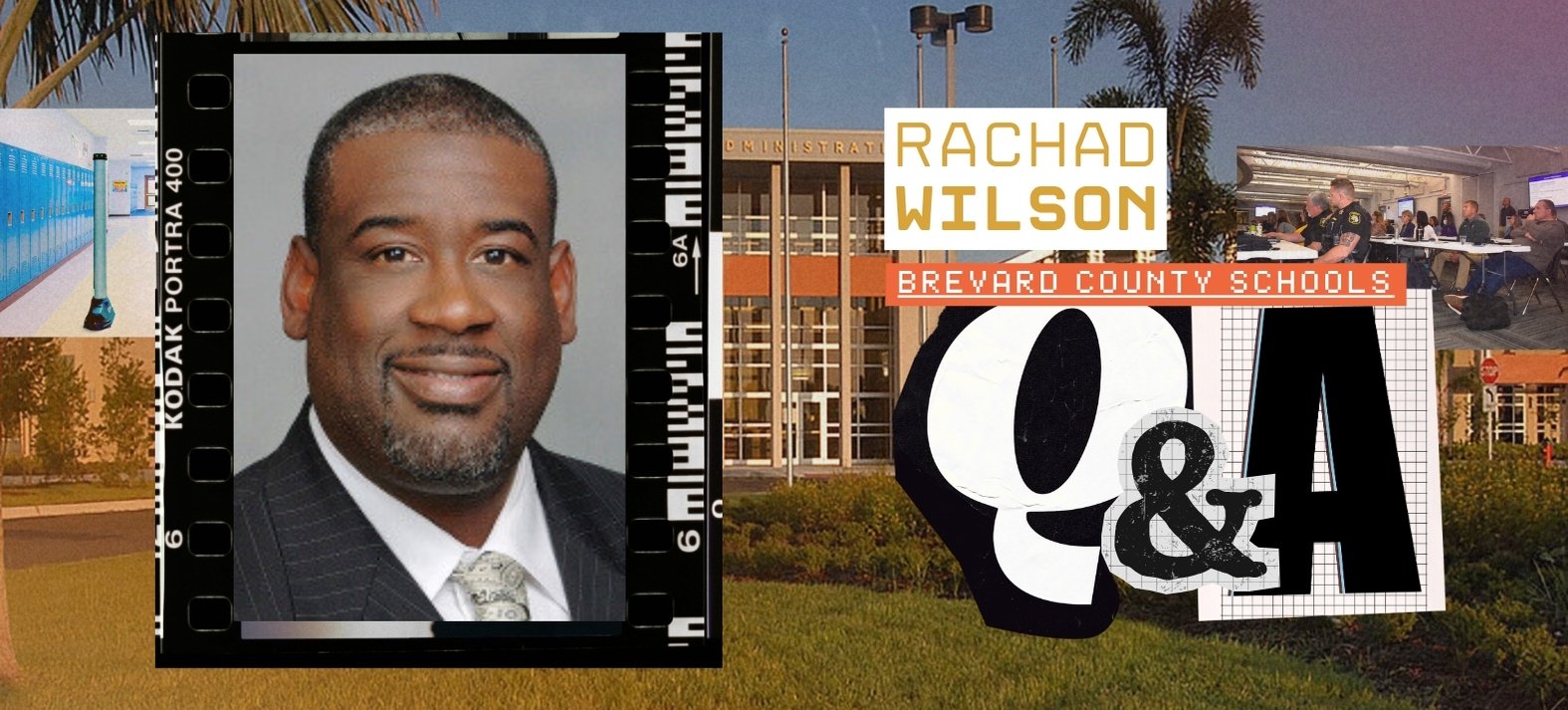
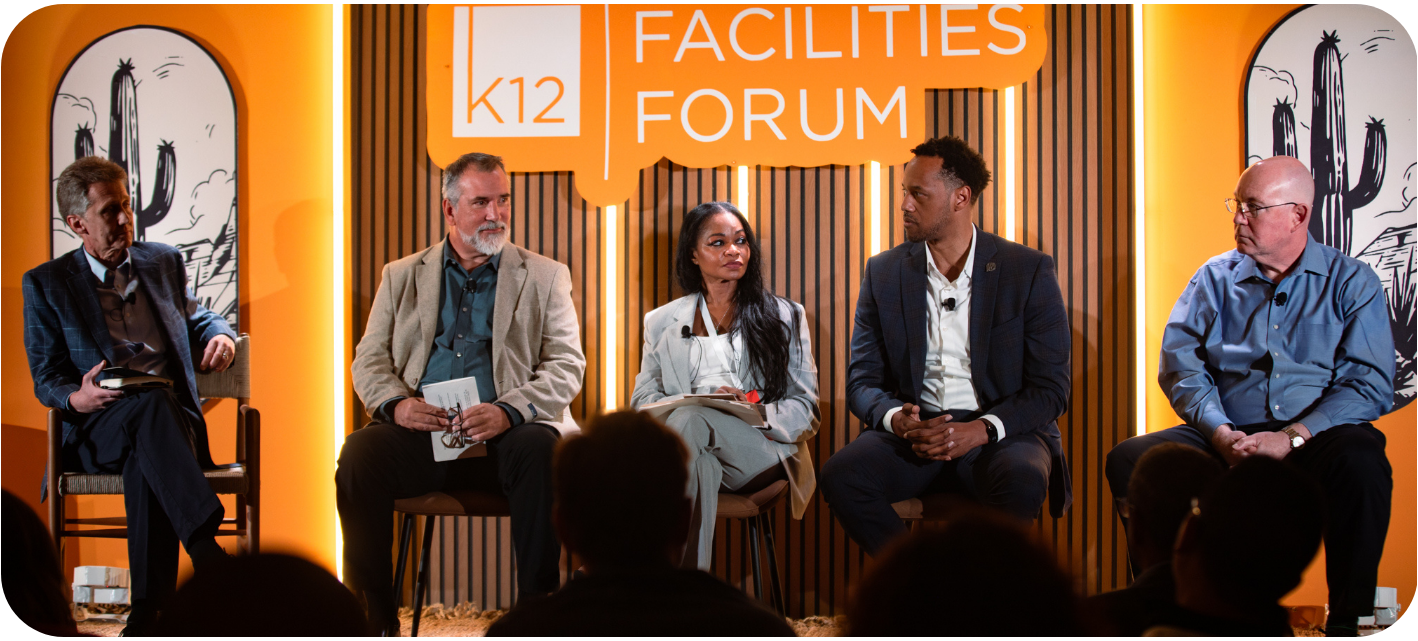
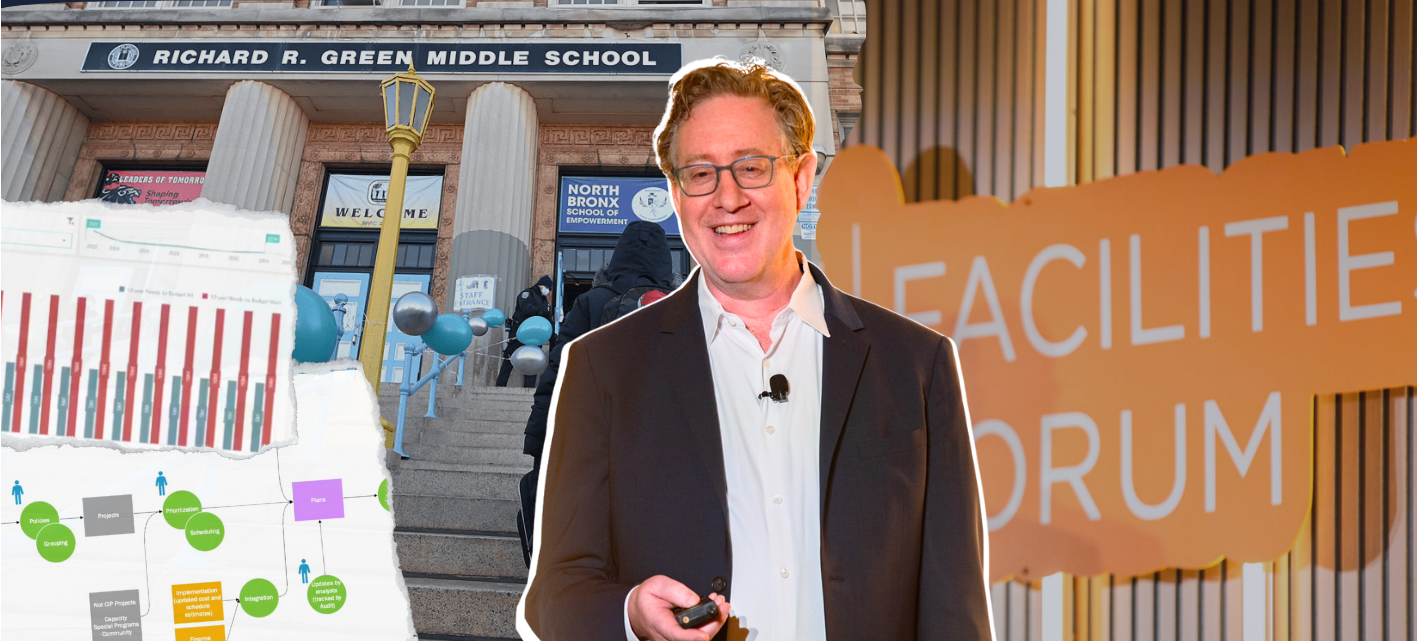
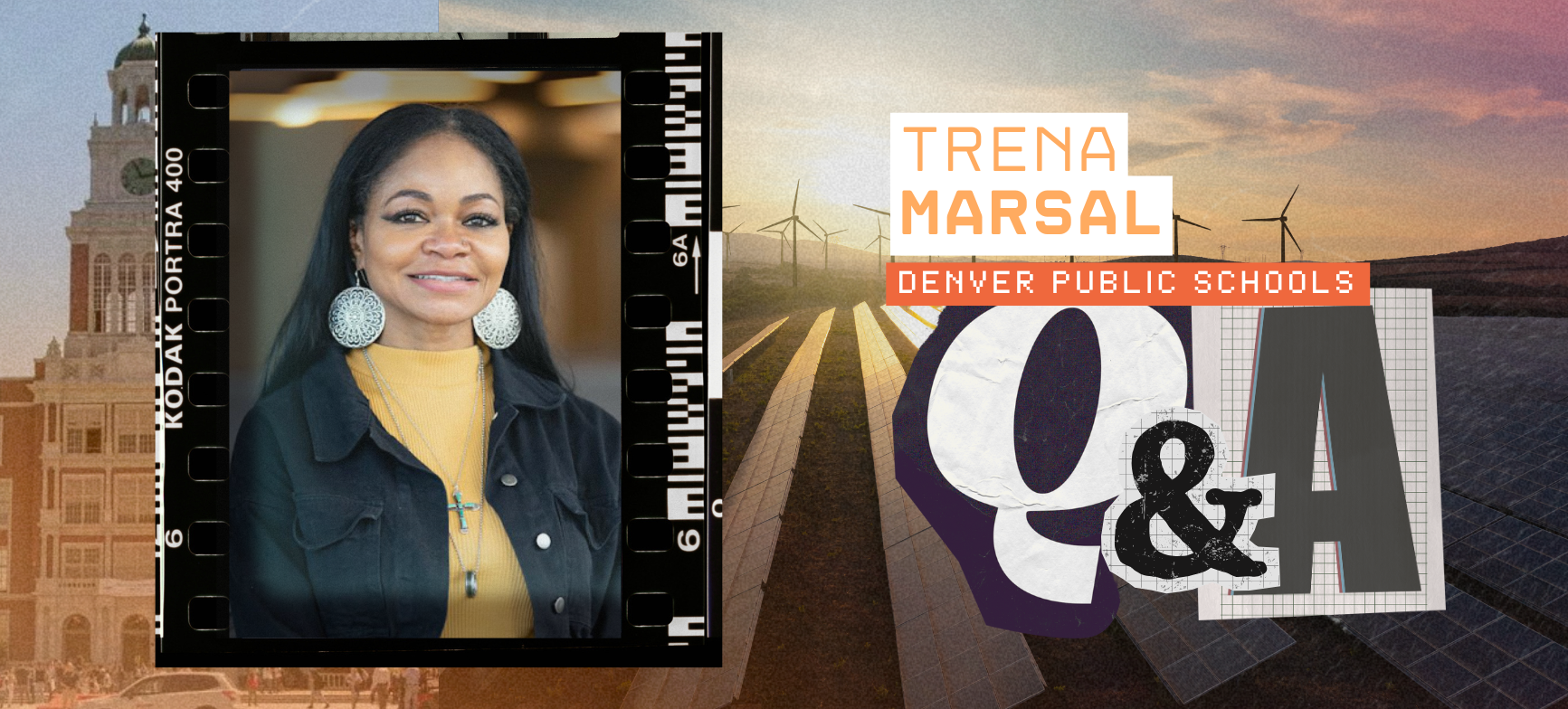

Comments